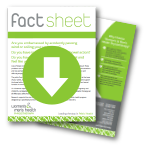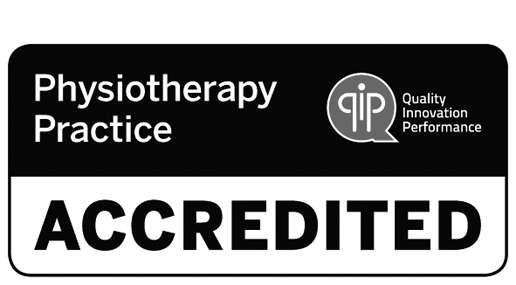Pelvic Surgery
Are you preparing for upcoming pelvic or vaginal surgery?
Are you recovering from a hysterectomy?
Hysterectomy is the most common female surgery. Preparing for and recovering from pelvic and vaginal surgery is easier with expert advice as there are many activities which can impact healing and your comfort during recovery. Professional advice gives you peace of mind during your recovery and enables you to return to your normal level of activity with confidence.
Your recovery from surgery and long term outcome can be impacted by many factors including constipation, heavy lifting, returning too quickly to strenuous activities and poor pelvic floor muscle function. Occasionally after surgery woman can experience problems such as bladder leakage or painful sex.
Your long term recovery will be enhanced by having optimal pelvic floor and abdominal muscle function. Research shows that 50% of women cannot contract their pelvic floor muscles correctly following verbal or written instruction. In fact 25% of women use a technique that could weaken their pelvic floor. It is vital that you know how to correctly contract and relax your pelvic floor through the assistance of a specifically trained Physiotherapist.
How We Can Help:
At Women’s & Men’s Health Physiotherapy we help you prepare for, and recover from, pelvic and vaginal surgery to ensure you get the best possible outcome. We specialise in providing a personalised pelvic health program exclusively for you.
What To Expect:
• A thorough assessment to establish your goals, pelvic floor requirements and treatment plan
• Design of a personalised pelvic floor muscle exercise program
• Progression of your program and application to daily activities
• Advice about lifestyle modifications for the post op period and guidance for return to normal activity
Did You Know













